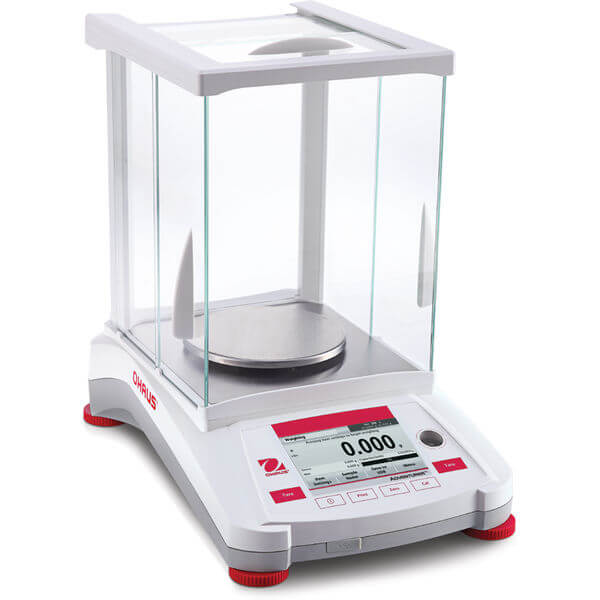OHAUS Analytical and laboratory balances are essential tools in scientific research and industrial applications, forming the backbone of accurate and reliable measurements. These high-precision instruments are indispensable in laboratories across fields such as chemistry, pharmaceuticals, environmental science, and food analysis.

The Role of Analytical and Laboratory Balances
directly impacts product quality and safety.

Key Features of Modern Laboratory Balances
Why Precision Matters
The accuracy of an analytical or laboratory balance directly influences the validity of scientific research and industrial processes. Precision ensures repeatable results, builds trust in data integrity, and supports compliance with international standards.
Choosing the Right Balance
When selecting a balance for your laboratory, consider factors such as sensitivity requirements, capacity, environmental conditions, and the specific application. Advanced models offer features like moisture analysis, automated calibration, and connectivity options to suit diverse laboratory needs.
Empowering Laboratories Worldwide

OHAUS Analytical and laboratory balances are more than just instruments—they are partners in discovery and innovation. By delivering precision and reliability, these balances play a pivotal role in advancing scientific knowledge and improving industrial efficiency.
Investing in high-quality balances ensures your lab has the tools to succeed in achieving accurate and dependable results.